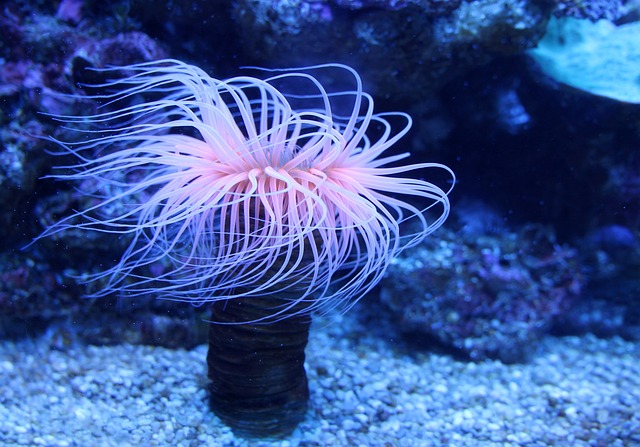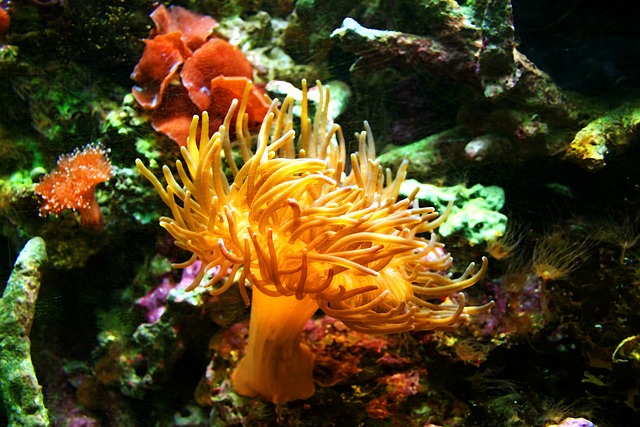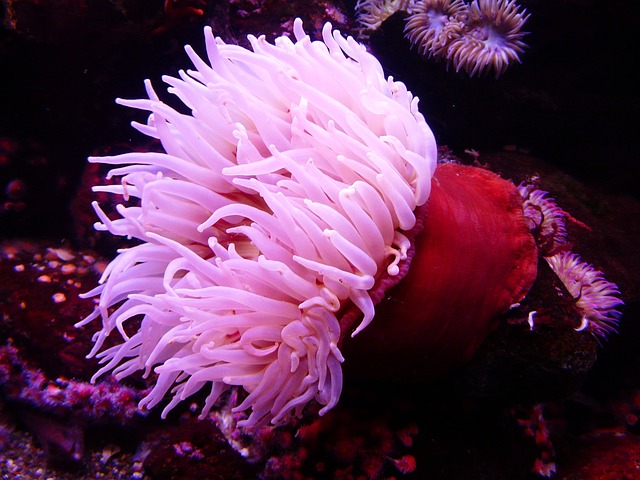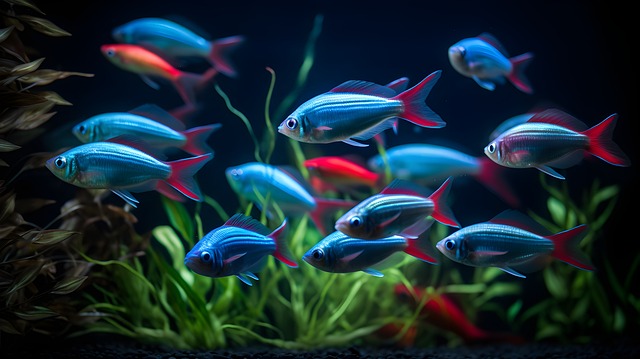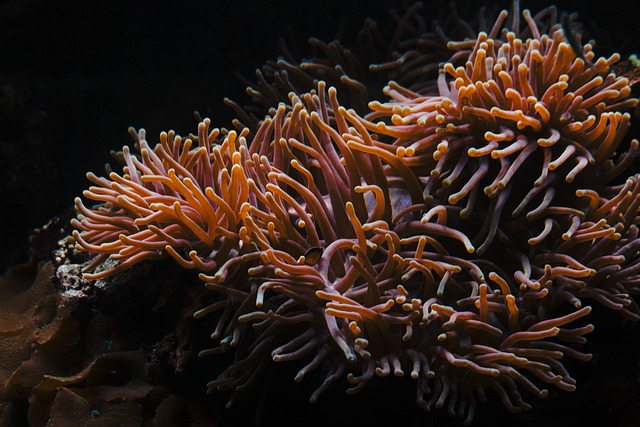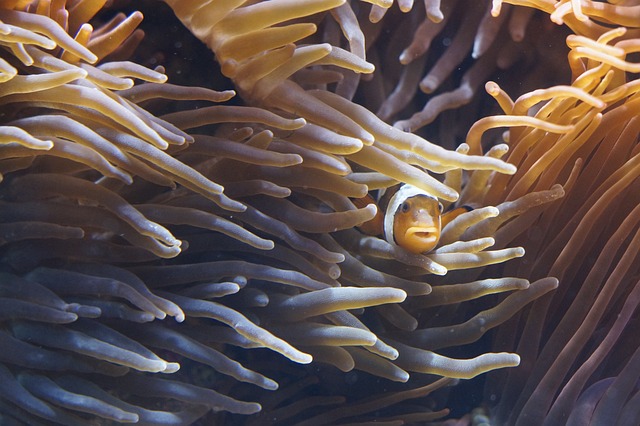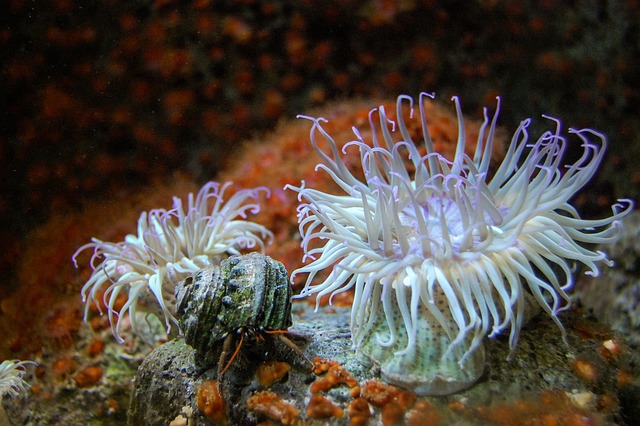Silver dollar fish and tetras are popular freshwater fish species among aquarium enthusiasts.
Silver dollar fish are known for their peaceful nature and are often kept in community tanks.
They are herbivores and primarily feed on vegetables and algae.
On the other hand, tetras are omnivores and need a mix of plant and animal-based foods in their diet.
While silver dollar fish may not see tetras as a natural food source, they may still exhibit predatory behavior towards smaller fish.
This can be particularly true if the silver dollar fish are not getting enough food or feel territorial.
Will Silver Dollar Fish Eat Tetras?
Silver dollar fish are known for their peaceful nature, but they can also be predatory towards smaller fish. Tetras, in particular, are a common target for silver dollar fish.
This section will explore whether silver dollar fish will eat tetras and what factors influence their predatory behavior.
Factors Influencing Predatory Behavior
Several factors can influence the predatory behavior of silver dollar fish towards tetras. These include:
- Size: Silver dollar fish are much larger than tetras, and they may see them as a potential food source.
- Hunger: If silver dollar fish are hungry, they may be more likely to prey on tetras.
- Tank Size: If the tank is too small, silver dollar fish may become territorial and aggressive towards other fish.
Preventive Measures
If you want to keep silver dollar fish and tetras in the same tank, you can take several preventive measures to reduce the risk of predation. These include:
- Tank size: Provide a large enough tank to reduce territorial behavior.
- Hiding places: Add hiding places for tetras to reduce their visibility and increase their chances of survival.
- Feeding: Ensure that silver dollar fish are well-fed to reduce their predatory behavior towards tetras.
In conclusion, silver dollar fish may eat tetras, but it depends on several factors, such as size, hunger, and tank size. Preventive measures can reduce predation risk and create a peaceful environment for all your fish.
Alternative Tank Mates for Silver Dollar Fish
Silver Dollar Fish are known to be peaceful and friendly, but they can also be aggressive towards smaller fish. This is why choosing suitable tank mates for them is essential. Here are some alternative tank mates that can live peacefully with Silver Dollar Fish:
1. Larger Tetras
While smaller tetras may be at risk of being eaten by Silver Dollar Fish, larger tetras like Congo Tetras and Buenos Aires Tetras can be great tank mates. These species are active swimmers and can hold their own against the Silver Dollar Fish.
2. Gouramis
Gouramis are another excellent choice for tank mates. They are peaceful and can tolerate a wide range of water conditions. They also come in various colors and patterns, making them popular for many aquarium enthusiasts.
3. Rainbowfish
Rainbowfish are a colorful and active species that can coexist with Silver Dollar Fish. They are also hardy and can tolerate a range of water conditions. Rainbowfish are known to be jumpers, so it is essential to have a secure lid on the aquarium.
4. Corydoras Catfish
Corydoras Catfish are bottom-dwelling fish that can help keep the tank clean by eating leftover food and debris. They are also peaceful and can coexist with Silver Dollar Fish. Corydoras Catfish come in various colors and patterns, making them a popular choice for many aquarium enthusiasts.
5. Plecos
Plecos are a type of catfish that can grow quite large and are known for their ability to keep tanks clean. They are also peaceful and can coexist with Silver Dollar Fish. However, it is essential to note that Plecos can be territorial and may need their own space in the tank.
Overall, many alternative tank mates can live peacefully with Silver Dollar Fish. Choosing species that are similar in size and temperament is essential to ensure a harmonious aquarium environment.
Conclusion
In conclusion, it is safe to say that Silver Dollar Fish will eat Tetras if given the opportunity. While they may not actively seek out Tetras, they are opportunistic feeders and will consume any fish that fits in their mouth. Therefore, keeping Tetras and Silver Dollar Fish together in the same tank is not recommended.
It is important to note that the size of the Silver Dollar Fish plays a significant role in their ability to consume Tetras. Juvenile Silver Dollar Fish are less likely to eat Tetras due to their smaller size; however, their diet expands to include smaller fish as they grow.
The compatibility of Silver Dollar Fish and Tetras also depends on the individual temperament of the fish. If the Silver Dollar Fish is more aggressive, it is more likely to prey on Tetras. Therefore, it is recommended to carefully observe the behavior of both species before introducing them to the same tank.
Overall, it is best to keep Tetras and Silver Dollar Fish in separate tanks to ensure the safety and well-being of both species.

